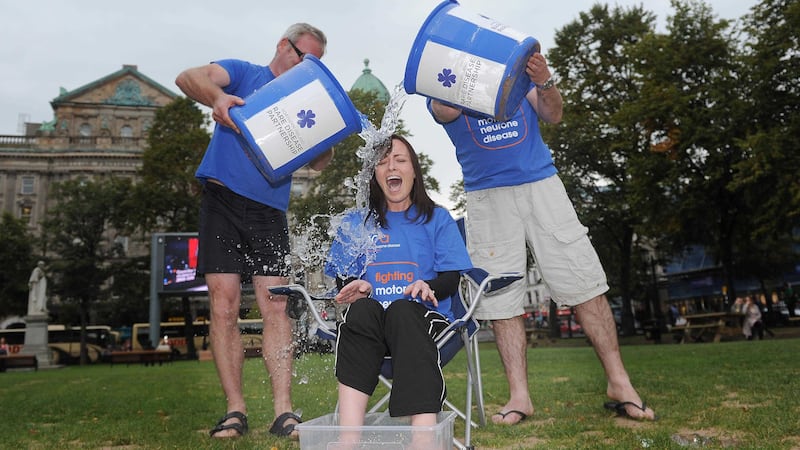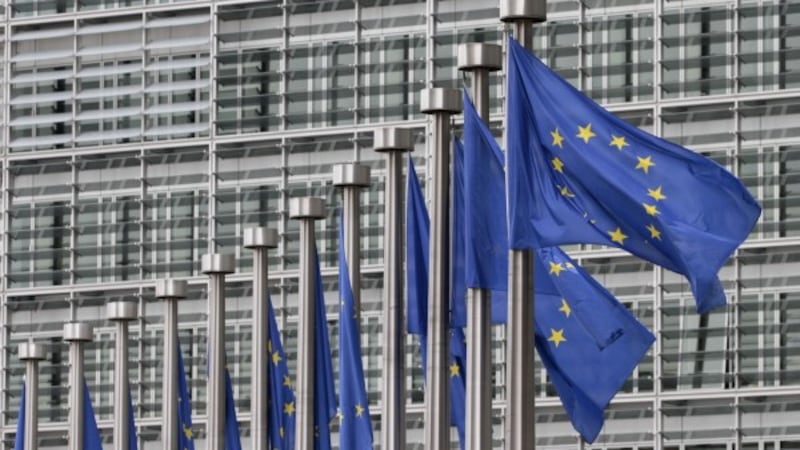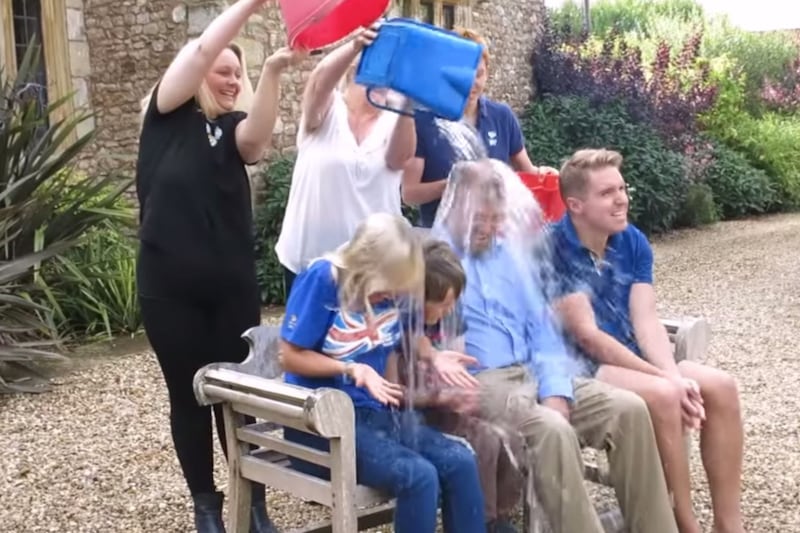DONATIONS from the ice bucket challenge have led to a significant gene discovery by scientists researching Motor Neurone Disease (MND).
The scientists said they now have “another potential target for therapy development” in the fight againt MND, also known as Amyotrophic Lateral Sclerosis (ALS).
Research group Project MinE published a paper in Nature Genetics on Monday, announcing its discovery of new gene NEK1, which now ranks among the most common genes that contribute to the disease.
Project MinE is funded by donations from the ALS Association’s ice bucket challenge, which became popular around the world in 2014. One million dollars donated to the project by the ALS Association enabled Project MinE to create large biorepositories and access further funding.
Bernard Muller, the entrepreneur behind Project MinE, said the transatlantic support for the challenge “supports our global gene hunt to identify the genetic drivers of ALS”.
“I’m incredibly pleased with the discovery of the NEK1 gene adding another step towards our ultimate goal, eradicating this disease from the face of the earth,” he said.
The research project was led by Professor John Landers of the University of Massachusetts, who said that the important discovery was the result of “global collaboration among scientists, which was really made possible by ALS ice bucket challenge donations”.
The ALS Association is now seeking to “finish what the ALS ice bucket challenge started” with a new campaign to raise awareness of Motor Neurone Disease and raise funds for research.
The association said the Every Drop Adds Up campaign “pays homage to the ice bucket challenge” and is based on the idea of using social media to take a global approach to eradicating the disease.








